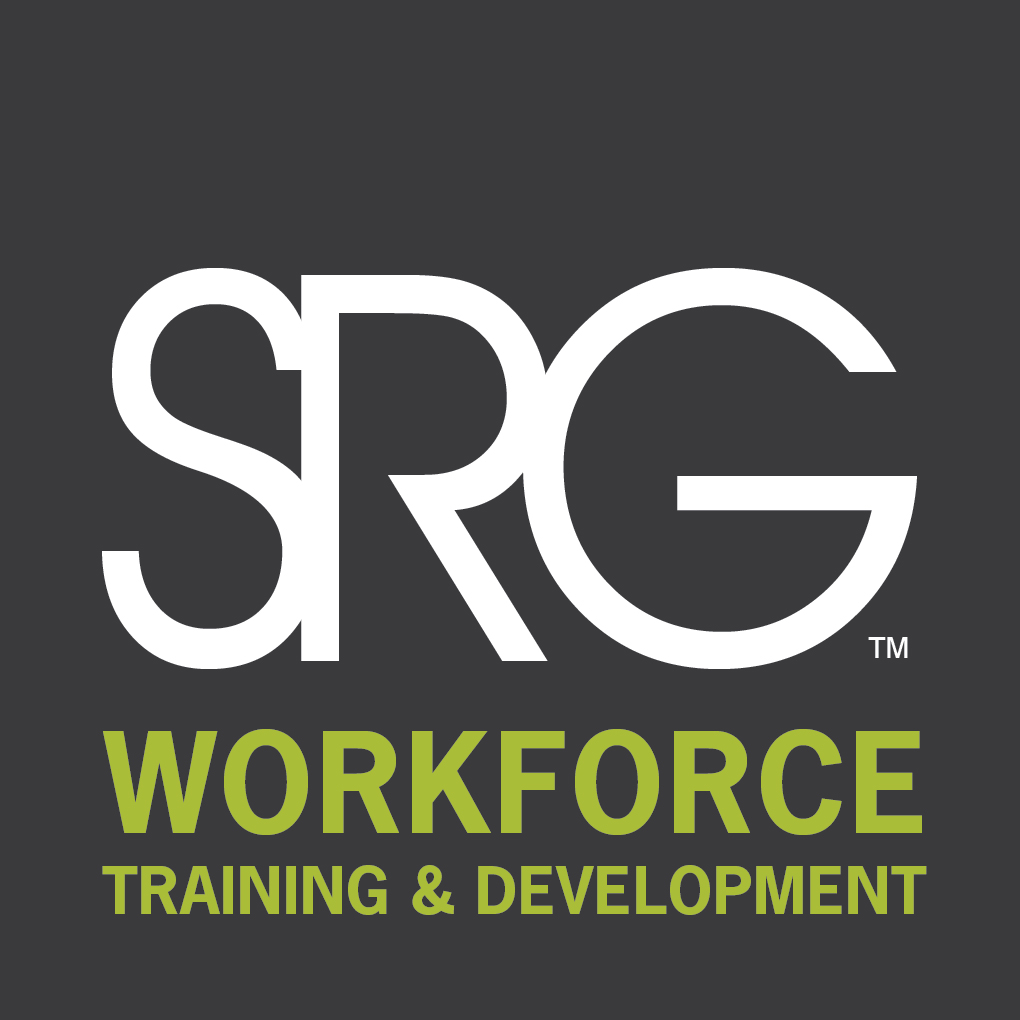
Hire People Who
Can’t Do the Job (Yet)
“Experience Needed”
Most hiring managers treat these two words as mandatory when creating job postings. And for many jobs, some kind of experience is needed: experience in the industry, experience in similar job positions, or experience with high-priority “soft skills” like communication and project management.
But is it ever a good idea to hire under-experienced talent? In many situations (such as when experienced talent is in short supply), the answer is “Yes.” Here are the upsides to bringing on a newbie – and the best ways to hire for potential.
Why Hire Under-Experienced Candidates?
Imagine yourself in this dilemma: a key position in your organization stands empty. Output is falling. Your current employees, while excellent, show clear signs of strain as they struggle to keep up with the work. Meanwhile, you have several enthusiastic, bright candidates on the table who will be a good fit with your company’s culture… except that every one of them is under-qualified. Do you hire one of the under-qualified candidates, even though you must relax the job requirements to do so? In some cases, this hire may not only be a good idea, but the best idea you’ve had all year.
Here are six reasons why:
- They can turn out to be superstars – if they have the right attitude.
Only about 11 percent of new employees fail due to a lack of functional or technical skill on the job, according to a recent Leadership IQ study. The remaining 89 percent succeed despite their initial lack of skill because they have:
• the motivation to learn;
• the temperament to accept teaching;
• and the mental and emotional ability to adapt to the stress of a steep learning curve and come out on top.
How do you find candidates in this crucial 89 percent? Look for those who stress a love of learning and a willingness to adapt to new situations. Look for resumes and references that support these claims. Candidates who willingly take on continuing education or who switched from one position to a radically different one at a former employer may do well, even if they are underqualified. - They give you the opportunity to tailor their training to your needs.
Surveys show that one in three employers worldwide struggles to find people with the right skills and abilities to fill open positions. In some countries, such as the U.S., the figure is as high as one in two.
You can avoid being one of the unlucky fifty percent by hiring candidates with the right potential, even if they lack the right skills. Look for candidates with the capacity and willingness to undergo training. Then, use their training not only to bring their skills up to speed, but to direct them toward fitting into the company culture and goals your organization strives to achieve. You’ll get a great candidate whose abilities can be custom-fit to your specific requirements. - Experience and knowledge rapidly become obsolete.
In many industries, “more experience” is not always an asset. Products and processes simply change too quickly. According to internationally recognized HR-thought-leader Dr. John Sullivan, the dramatic pace of change rapidly renders experience, knowledge and answers obsolete – and hiring managers should factor this in when weighing the relative value of each candidate’s background.
The more rapid the rate of change in the field for which you’re hiring, the more you should consider “discounting the value” of experience and education in a candidate. As you screen resumes, look at the “age” of candidates’ college degrees. In some degree programs, the knowledge gained may become obsolete in as few as four years.
The bottom line? For industries and positions with a high pace of change, a candidate’s job performance may be a better predictor of success than experience or education. - They help you adapt to a changing workforce and customer base.
One quality many initially under-qualified candidates share is their age. According to data from a recent census, nearly 1 million members of the “Millennial” generation, born between 1980 and 2000, enter the workforce each year. By 2020, Millennials will make up 40 percent of the workforce. These young workers tend to be bright, creative, highly adaptable communicators for whom computer technology is as natural as pen, paper or picking up the phone.
Because they are young, Millennials are naturally more likely to be under-qualified; after all, every worker starts somewhere. By hiring these under-qualified candidates early, however, a business poises itself to respond to the needs and wants of a customer or client base that will also soon be composed mostly of Millennials. At the same time, the organization taps into this generation’s underlying creativity and drive. - They have room to learn good habits without breaking bad ones first.
“That’s not how we did it at my old job.” How many times have you heard this statement from an experienced new hire? While experience can give perspective on many problems, it can also turn into an obstacle when a new employee has difficulty “switching gears” to adapt to the new workplace.
Many under-qualified hires do not face this problem. They haven’t learned how a job is done elsewhere, so they’re ready to learn exactly how your organization wants it done. At the same time, they offer a freshness of perspective that can prompt positive change by asking curiously, “Why do we do it this way?” instead of criticizing.
To find candidates who fit this mold, look for inquisitive, bright individuals who are enthusiastic about learning new skills and who “fit” well with those at the company who will be doing the teaching. - They may be more loyal.
When a business brings on an initially under-qualified staff member, trains him or her well, and supports the new staff member’s career growth, the business paves the way for a long-term relationship in which an initial investment of faith is amply rewarded with loyalty and hard work. In some cases, the organization can build a life-long relationship with the new employee.
Since worker retention has been shown to boost productivity and motivation while reducing personnel costs, making an upfront investment in an initially under-qualified employee will likely pay off many times in the coming years. Look for candidates who are genuinely interested in the organization and who seem to be a great “fit” for the company culture.
While hiring an under-qualified candidate can pose short-term costs, it can also result in a long-term payback that is significantly more valuable than the initial investment. Find promising candidates who will fit well into your company’s culture, enthusiastically learn the skills they need, and make a positive contribution to the work you do.


The FIT FINDER™ is a customized recruitment and selection process that thoroughly screens and assesses applicants as well as focuses on their preferences, skill level and work style to ensure the best fit for your workforce needs.
For more information on SRG’s workforce training and development services, contact your local SRG office.

